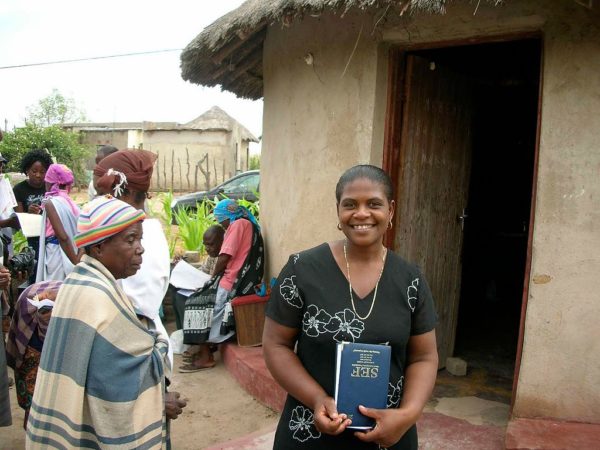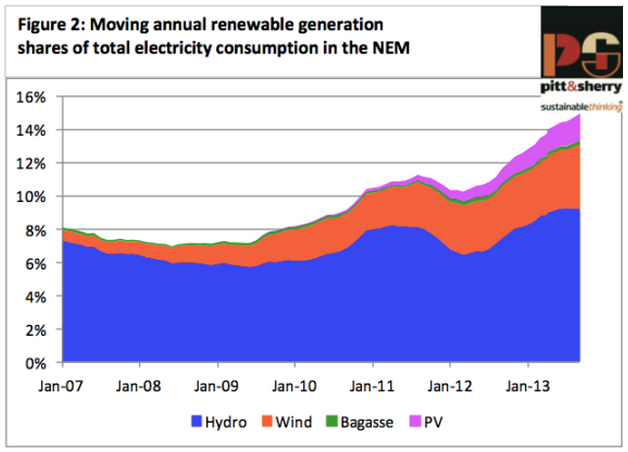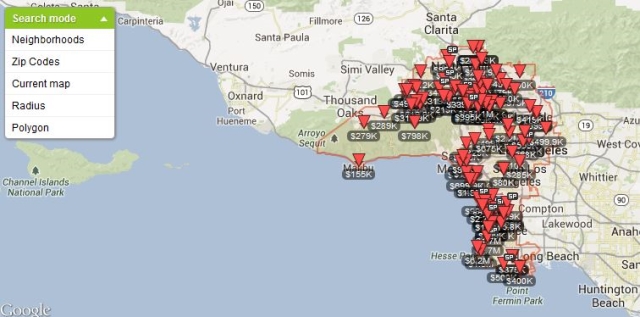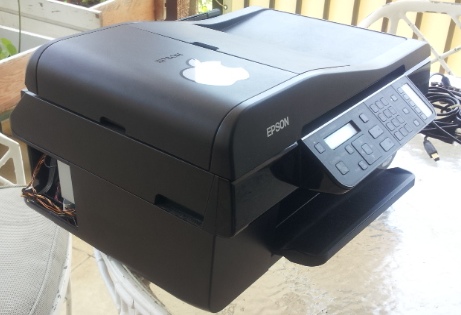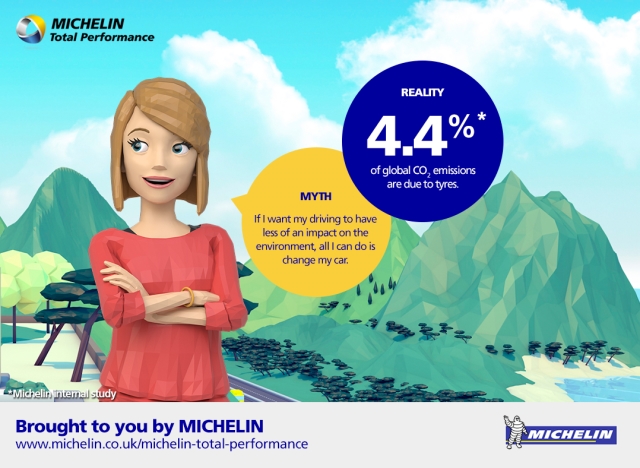There has been a lot of buzz in Canada and the United States in recent months regarding the integration of digital payment platforms through apps like Apple Pay. Designed for efficiency and security, these mobile payment tools allow customers to simply tap their mobile device at the register to quickly pay for merchandise or services.
While the new wave of digital currency apps and tools are revolutionizing shopping in North America, many of these tools are already helping to introduce an era of business independence in other countries around the globe.
Take for instance Kenya, a coastal African country that has had a unique digital currency for almost a decade. The M-PESA, which was introduced in 2007, is a mobile currency that utilizes the fast network of cellular phones to transmit money from one Kenyan to another.
Originally designed as a system to allow microfinance-loan repayments to be made by phone, thereby reducing the costs associated with handling cash and thus making possible lower interest rates, M-PESA was quickly adopted by Kenyans across the country who could not easily access a bank.
M-PESA’s ease of use became an instant hit with Kenyans across the country. Users simply visit one of the 40,000 agents and kiosks spread out across the country and deposit cash into their M-PESA account. The M-PESA users can easily pay for merchandise or services by simply texting each other an agreed upon amount, which is deducted and deposited into the appropriate M-PESA account.
Since its introduction nine years ago, M-PESA has grown into the preferred currency of 19 million Kenyans, or roughly 90 percent of the adult population.
“One study found that in rural Kenyan households that adopted M-PESA, incomes increased by 5-30 percent,” notes a 2013 Economist article. “In addition, the availability of a reliable mobile-payments platform has spawned a host of startups in Nairobi, whose business models build on M-PESA’s foundations.”
On the other side of the globe, on the Caribbean island of Barbados, digital currency is also empowering entrepreneurs and business owners, while simultaneously enhancing the island’s economy.
Earlier this year, Barbados-based financial technology firm Bitt Inc. launched the Barbadian Digital Dollar, the Caribbean’s first blockchain-based digital money as a way to bring banking and finance solutions to the unbanked in the region of the country.
Realizing the potential a digital wallet and this unique digital currency offers to Barbadians, Overstock.com invested $4 million into the growth of the BITT in April 2016.
“A major impediment to economic advancement around the world is the fact that the vast majority of humans are unbanked,” said Patrick M. Byrne, Overstock CEO. “Yet mobile penetration in some countries exceeds 100 percent.”
Finance expert and resident of Barbados, Jeffrey Lipton thinks the introduction of digital currency will help tap into the unused talent in developing countries.
“These tools are allowing people to begin to think about building sustainable, viable businesses,” said Jeff Lipton, Barbados resident and global traveler.
Jeffrey Lipton also pointed to the potential these digital currency tools have in boosting and enhancing the global economy, in addition to the economies of their respective countries.
While digital currency has made shopping more convenient for those living in North America and Europe, it has ushered in an era of entrepreneurship, business growth in independence in other parts of the world, including Kenya and Barbados.
This post was sponsored by Fairmont Gloucester Partners; image by GiveWell (GiveWell), via Wikimedia Commons

